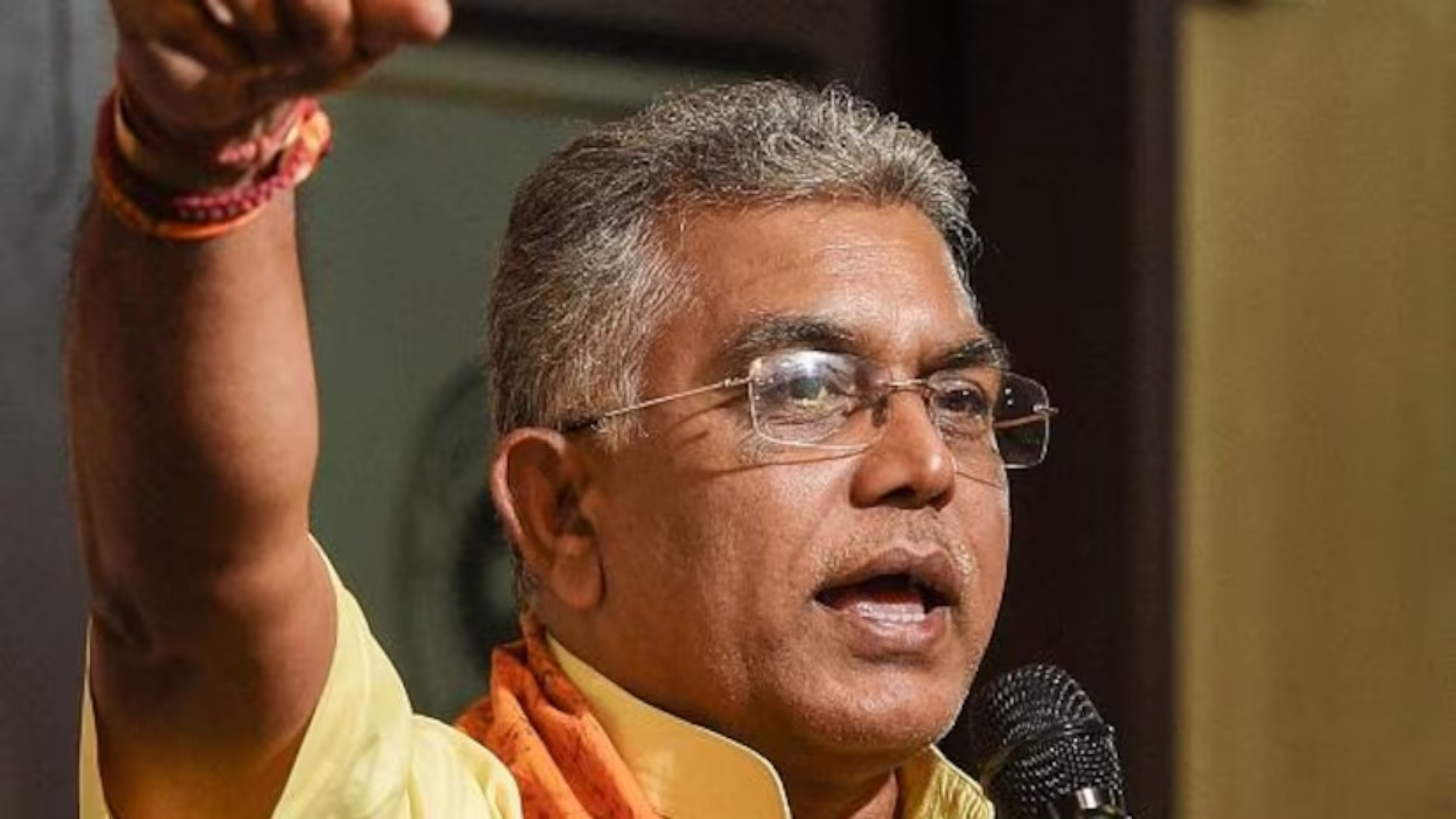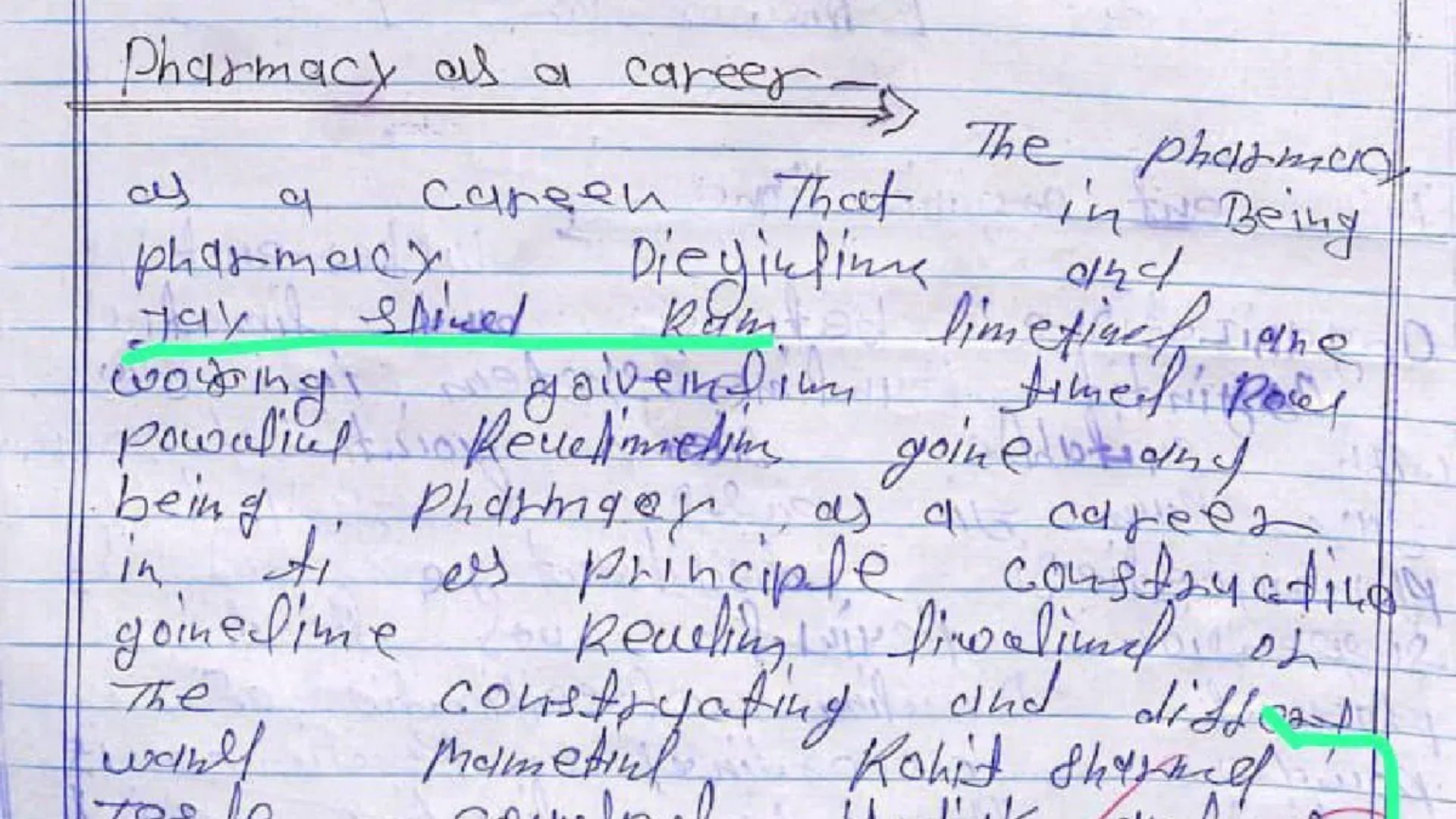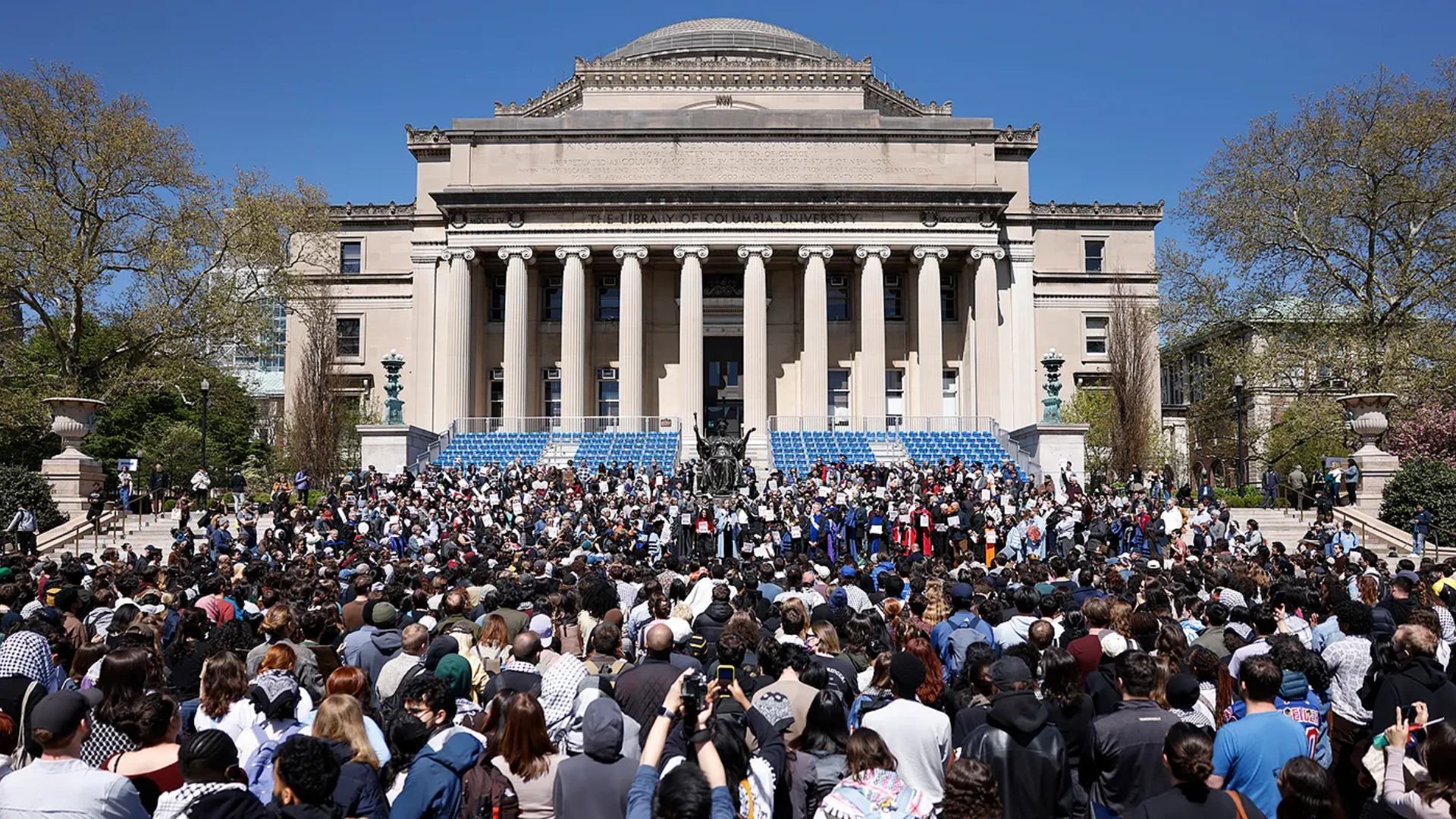




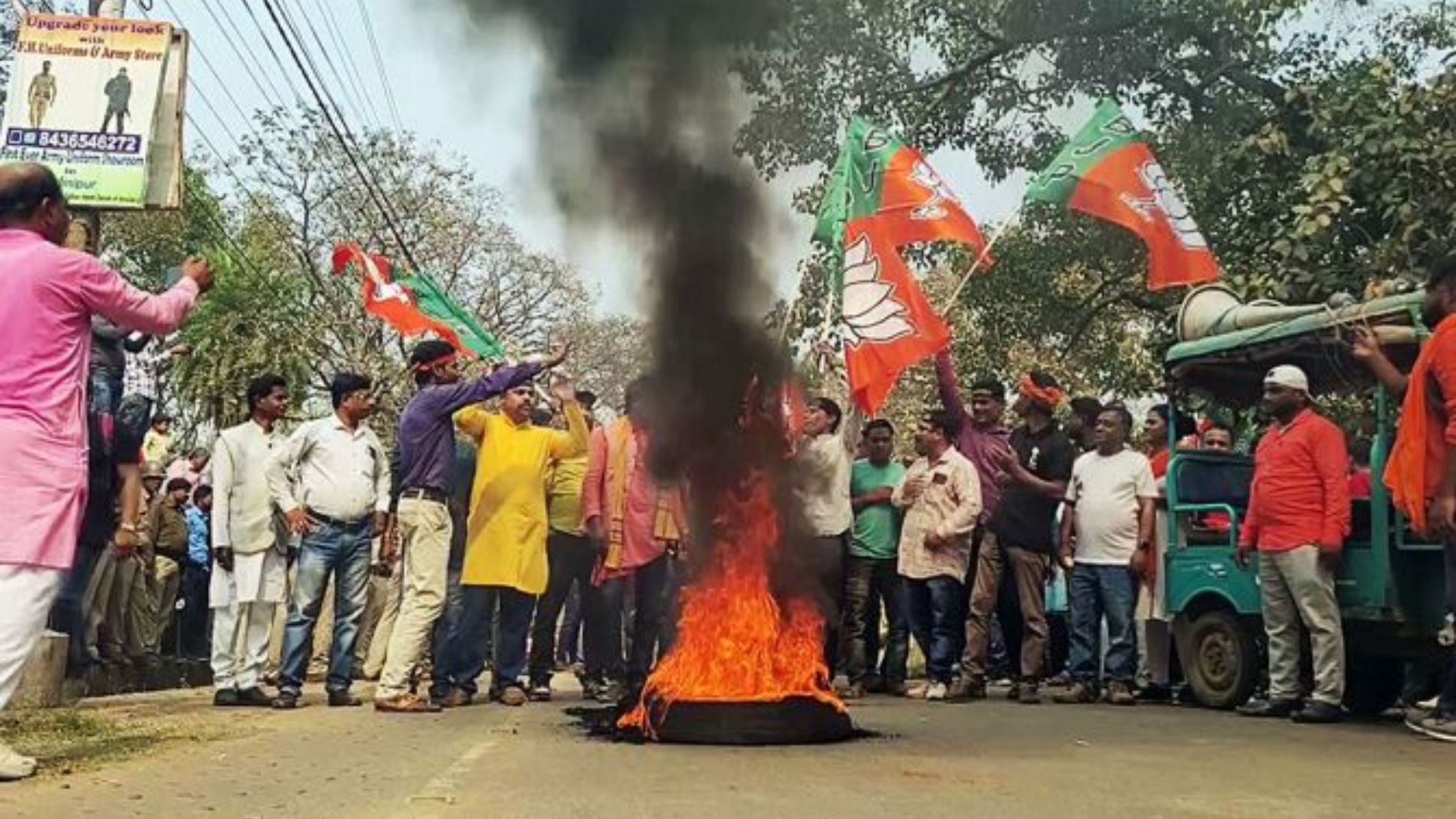
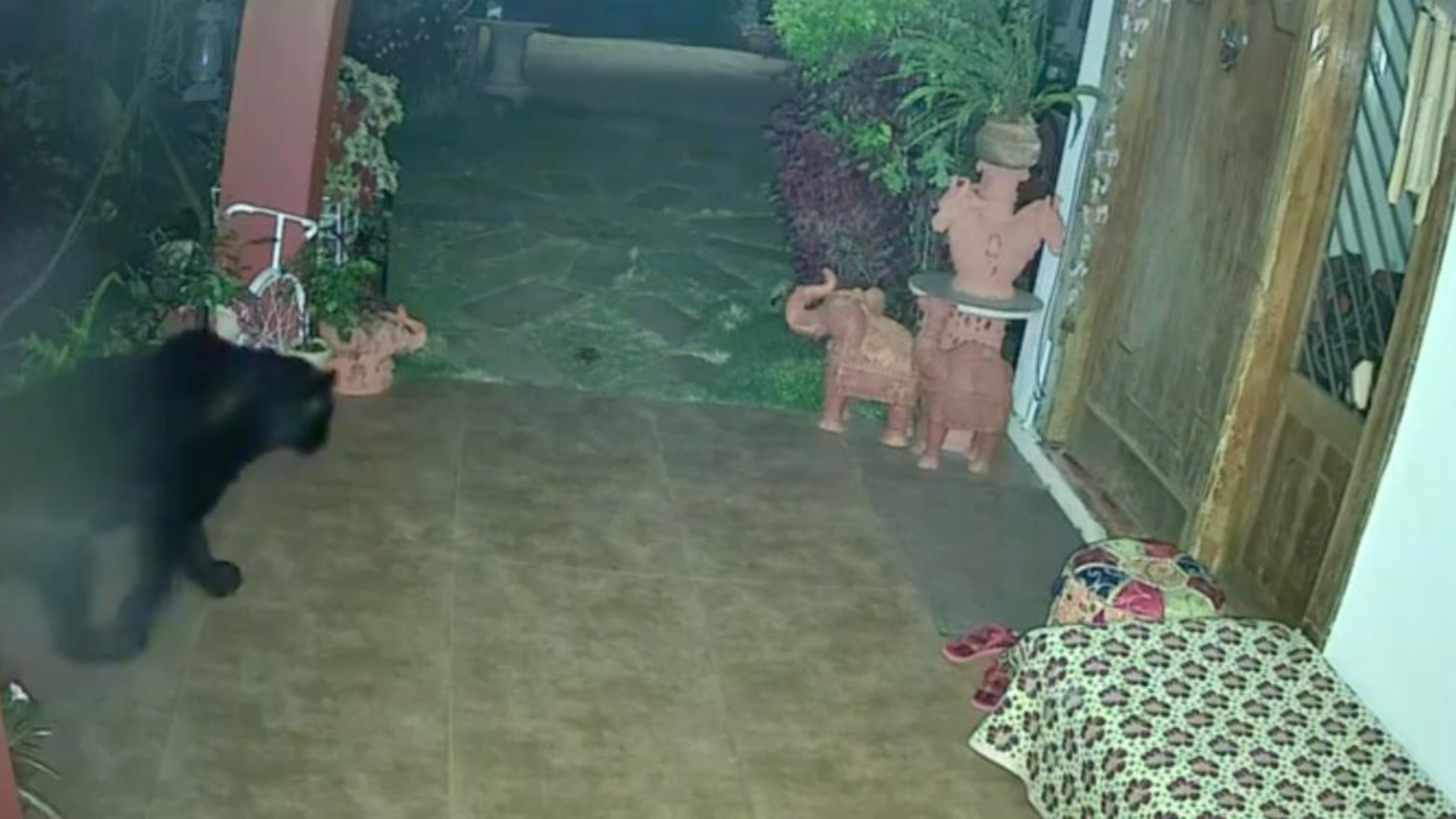
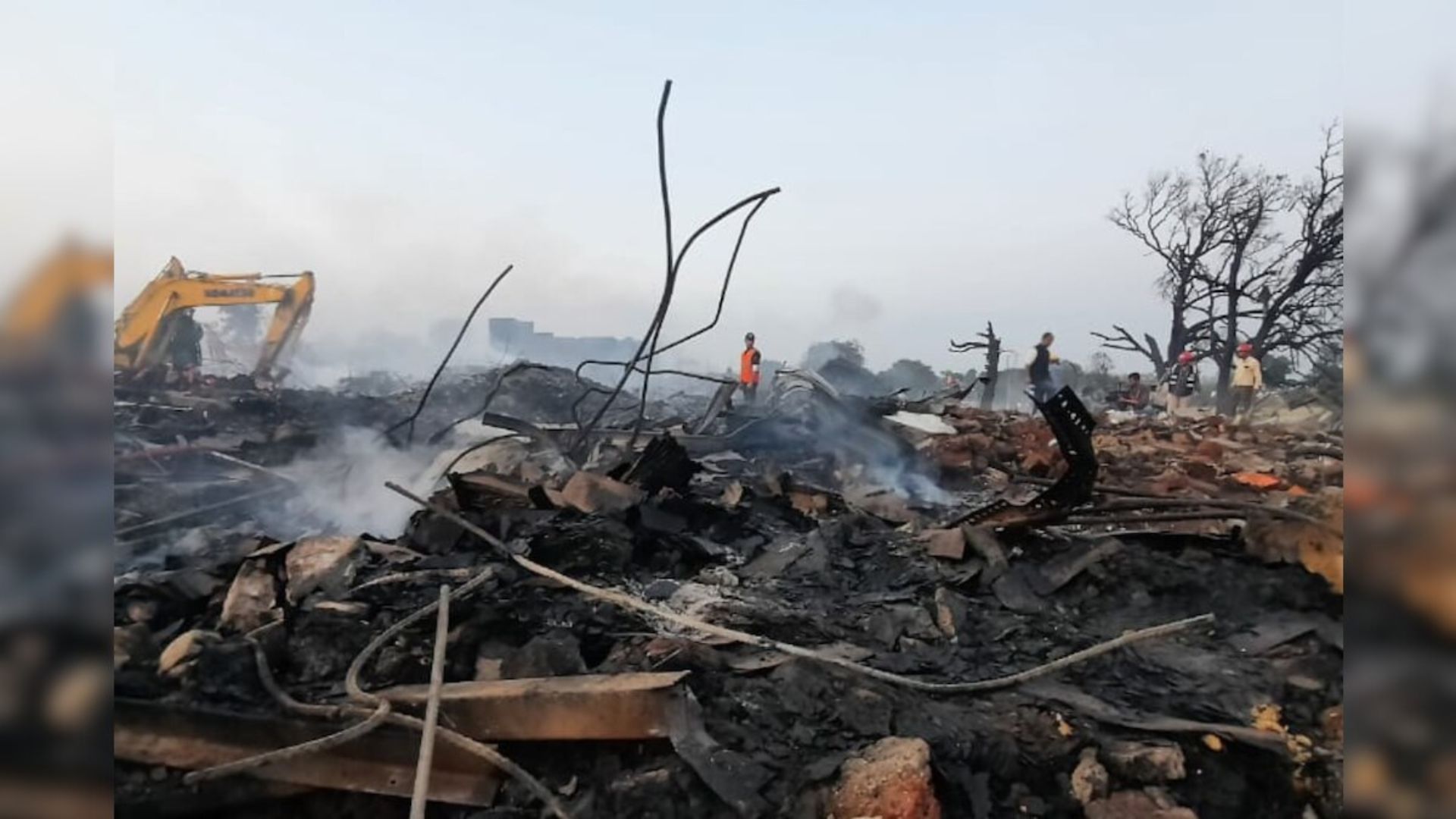
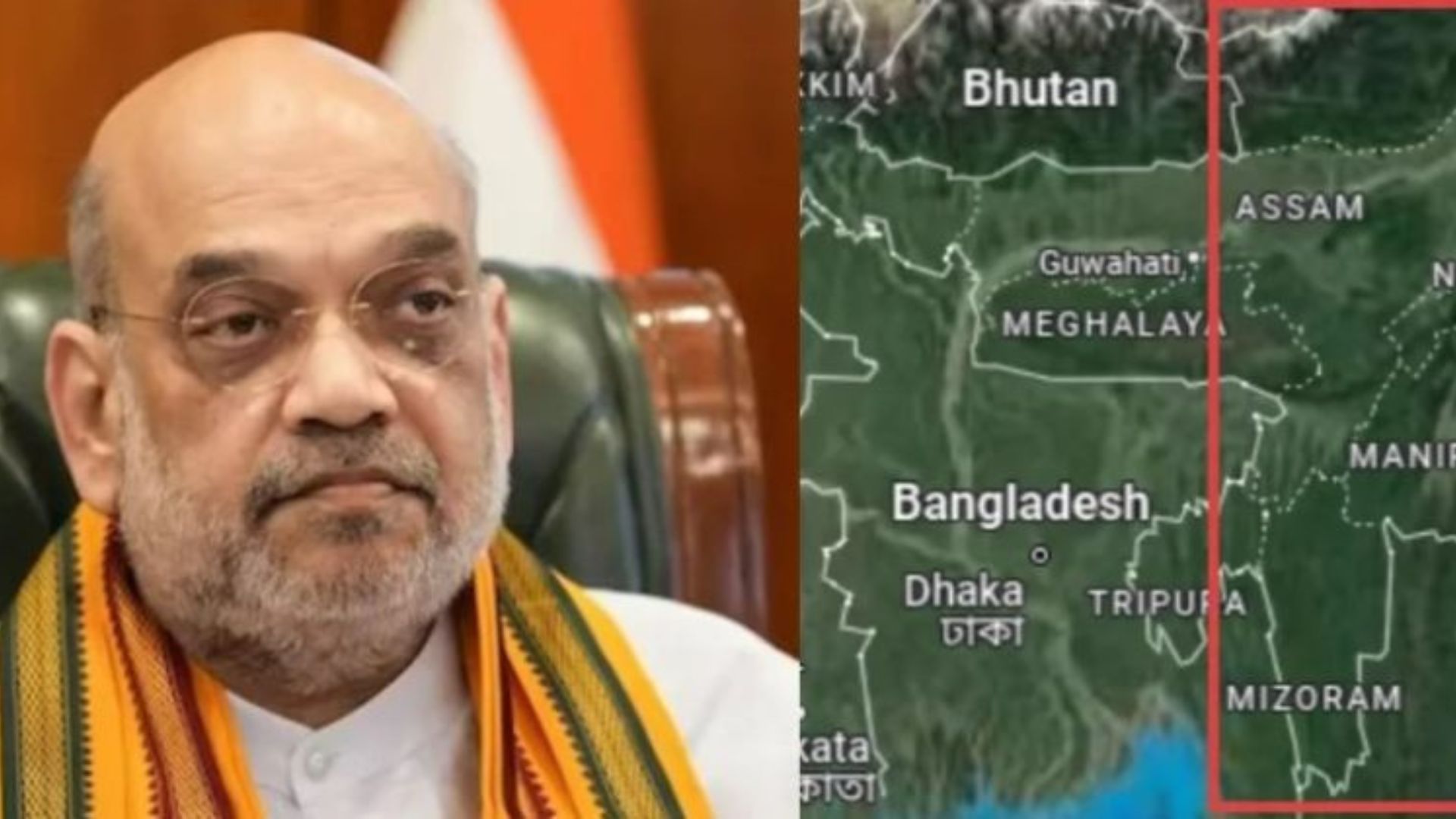
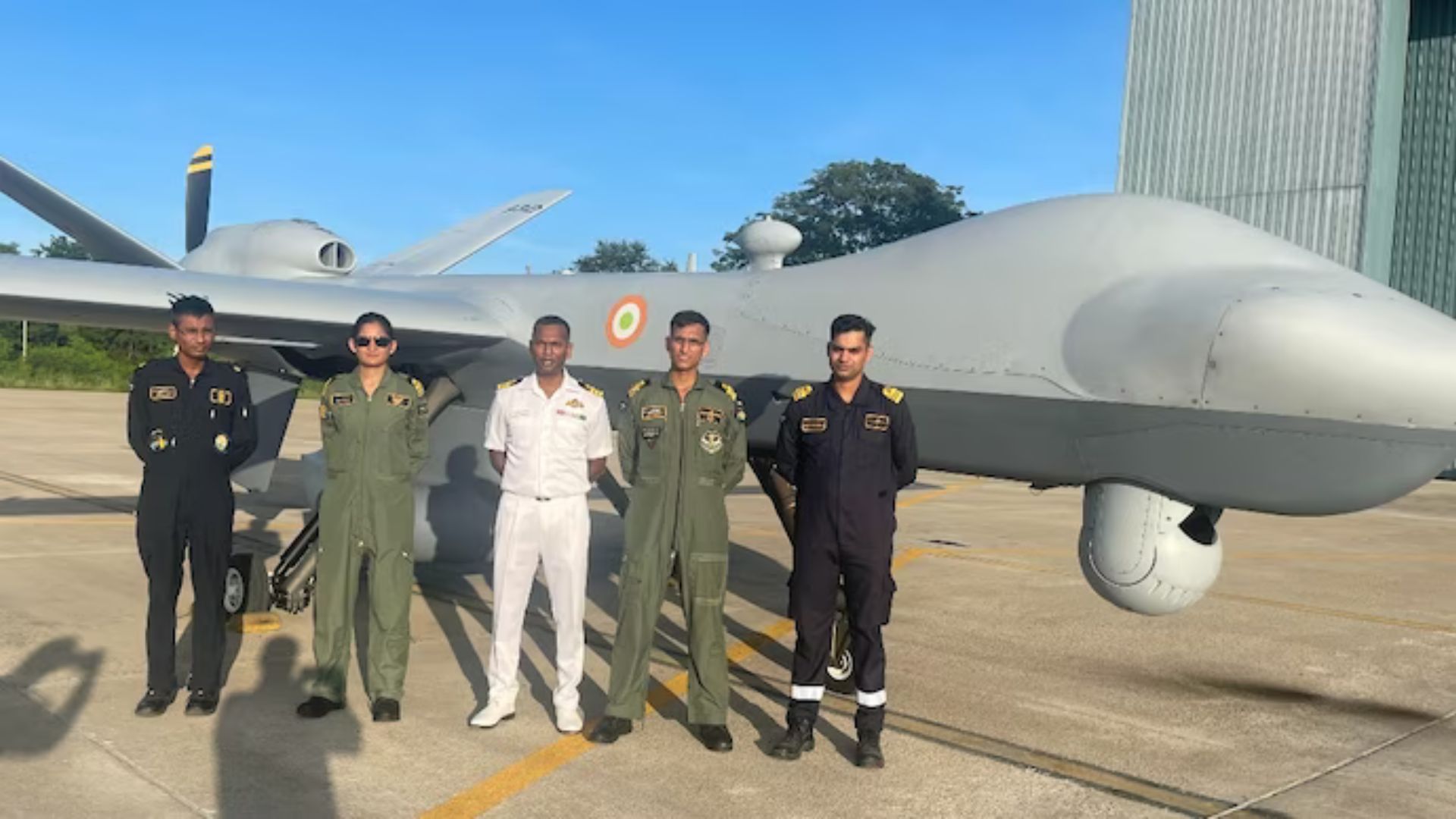
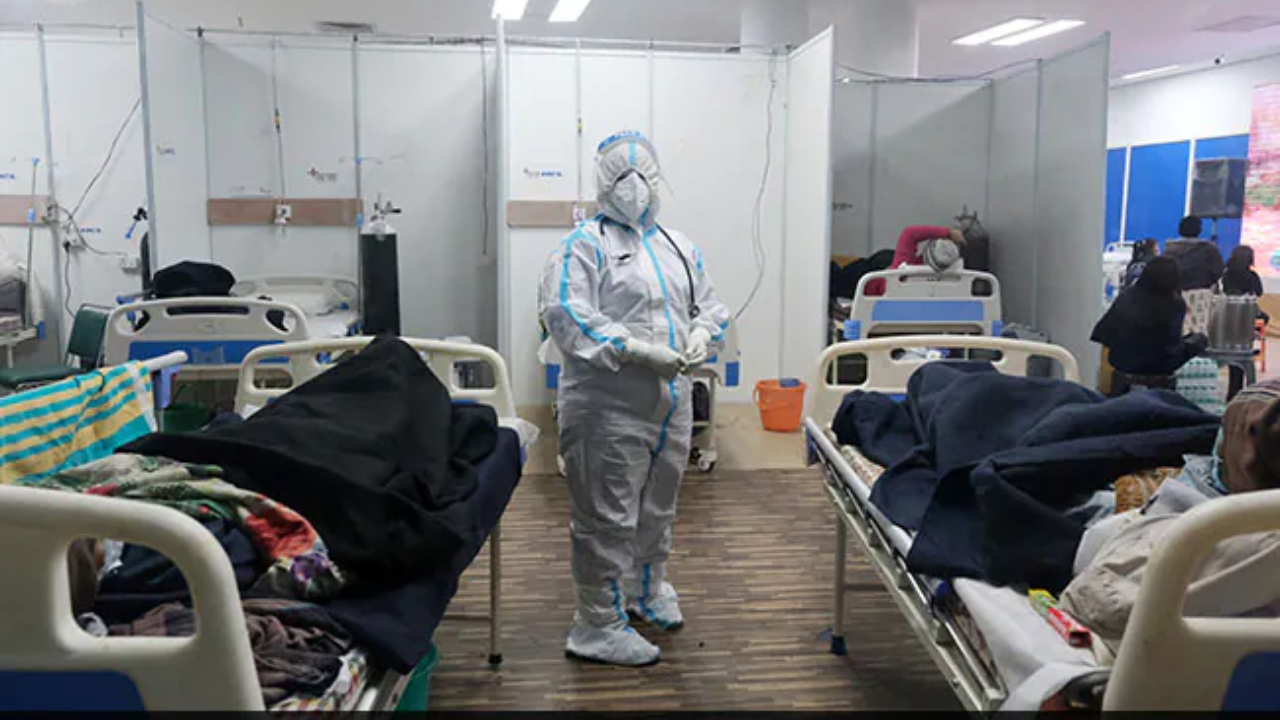
Amid the surge in Covid-19 Subvariant cases in India, a 77-year-old man and a 72-year-old woman admitted to Max Hospital, Dehradun, have tested positive for the newly identified Omicron subvariant, JN.1. The samples of both infected patients have been sent for genome sequencing to confirm the presence of this variant.
JN.1, classified as a Variant of Interest (VOI) by the World Health Organisation (WHO), is under intense scientific scrutiny. As of December 16, WHO reported 7,344 cases of the COVID-19 JN.1 subvariant from 41 countries, indicating its global spread.
The state health secretary, R Rajesh Kumar, stated that the health department team is in constant touch with both patients and their families. The All India Institute of Medical Sciences (AIIMS) in Delhi has issued guidelines for managing COVID-19 suspected or positive cases following a sudden surge in coronavirus cases across the country.
The WHO recently classified JN.1 as a variant of interest, distinct from its parent lineage, BA.2.86. Despite the classification, the global health body has emphasized that the overall risk posed by JN.1 remains low based on current evidence.
In response to the rising cases, both the central and state governments are closely monitoring the situation, particularly concerning the new Omicron subvariant JN.1. The Health Department of Himachal Pradesh conducted a meeting to review the COVID situation in the state, with Chief Medical Officers instructed to examine cases of influenza-like illness (ILI) and severe acute respiratory infections (SARI).
“With the festive season underway, Chief Medical Officers across all districts have been instructed to be vigilant and examine cases of respiratory illnesses. The state has reported only two COVID-19 cases in the last 10 days,” mentioned the Health Secretary in an official statement.
To enhance surveillance and detection, a COVID drill was organized across district health institutions from December 13 to 17, following the central government’s directives. Additionally, the state’s first INSACOG lab, equipped for genome sequencing, has been established at Mandi Medical College, affiliated with the Central Government, to identify any variant of the coronavirus.
As the country grapples with the evolving situation, health authorities remain committed to managing and containing the spread of the new Omicron subvariant JN.1. Citizens are advised to follow COVID guidelines and stay informed about the latest developments.


